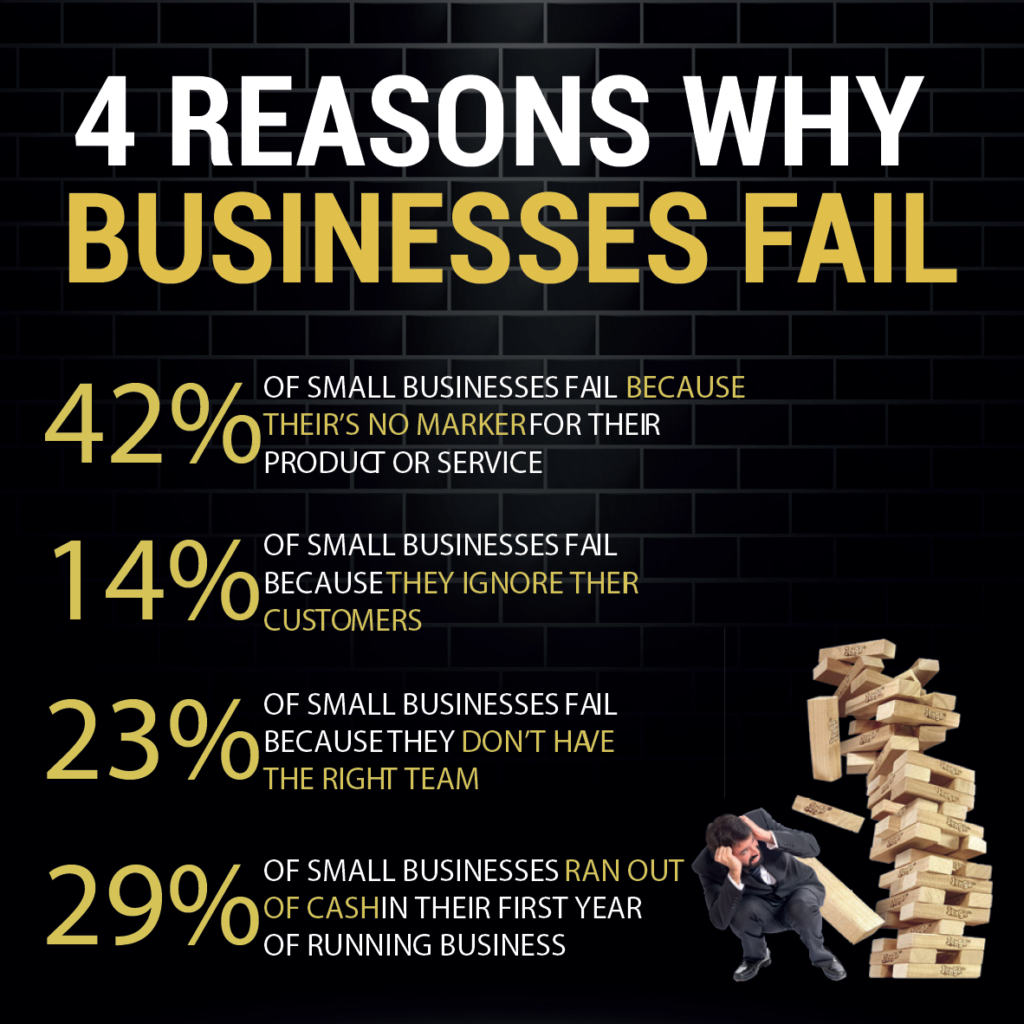
Leverage is a corporate term that refers to how a corporation or company acquires new financial assets for existing operations or expansions.
When a company is “leveraged,” this implies that the business lent money from banks and financial institutions. Businesses can also collect money from individual or institutional investors. Businesses can use the debt to finance business growth and development.
Most if not all investors and businesses embrace the idea of leverage. Investors use equity to significantly increase the gains that can be generated by an asset owned by the company.
Businesses maximise their portfolio through a variety of instruments, including bonds, options and margin accounts. Organisations can use their internal capital to fund their resources. In other terms, businesses may raise capital by selling more equity in the company.
Normally businesses make the decisions on which financial instrument to use as leverage based on the weighted cost and capital analysis of the debts, as well as its capability to make repayment over a tenure. It is also essential to analyse the current state of the economy, and appetite of investors.
Leverage can be a good thing, as long as the business doesn’t have too much leverage. A creditor typically looks at the amount of debt collateral a company already has before deciding whether a request for a business loan should be accepted.
One leading indicator to look at the level of company borrowing risk is to measure the debt-to-equity ratio. The higher the debt-to-equity ratio, the highly geared the company is. Another indicator to look at is the cash flow and the cash reserves of the company. A healthy cashflow indicates the company is able to repay its debts and have a low risk of defaulting.
Leverage is a multifaceted, sophisticated tool. The theory sounds fantastic because the use of power can be beneficial, but the reverse is true as well. Leverage improves all gains and losses. If a shareholder uses collateral to make an investment and the asset falls against the buyer, he risks more compared to if he had not invested.
In the business world, a corporation may use debt to produce investor capital, but if it fails to do so, default interest and credit risk destroys shareholder value. So be smart to make the most of the choices before leveraging.
















